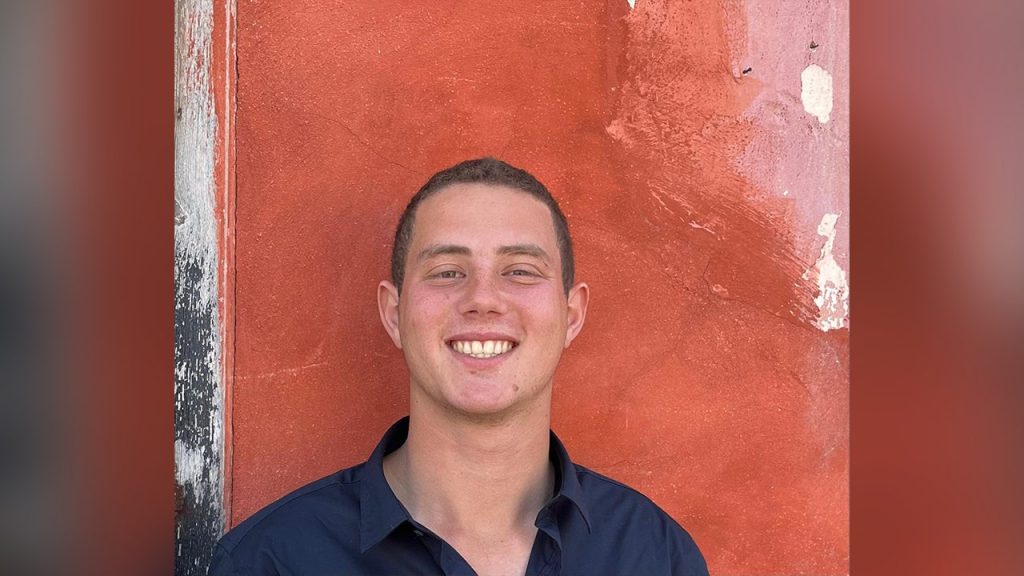On October 7, 2023, Capt. Omer Neutra, a 21-year-old American-Israeli tank platoon commander from Long Island, was killed in action during a Hamas assault on the Nova Music Festival in Israel. Following his death, the Israel Defense Forces (IDF) announced that Neutra’s body has been held hostage in Gaza, labeling him as one of seven American hostages still under Hamas captivity. The IDF expressed their condolences and honored his memory through a social media post, saying, “May his memory be a blessing.” His death, particularly during such a large-scale attack, highlights the severity of the ongoing conflict and how it affects individuals within both Israeli and American communities.
Prior to the official IDF announcement regarding Neutra’s status, there was widespread speculation about the fate of captives, with many believing Neutra was alive and being held as a hostage. This belief intensified the distress felt by his family and the families of other hostages, particularly during significant occasions like Thanksgiving, where loved ones gathered with an empty seat at the table, hoping for an imminent resolution to their trauma. The announcement further complicated efforts for these families, underscoring the ongoing repercussions of the conflict for both hostages and their loved ones, who continue to advocate for their release.
As negotiations for a cease-fire have faltered amid Israel’s ongoing military operations against Hamas, tensions around hostage situations have only intensified. The urgency of the situation has led families of the hostages to publically voice their concerns and push for the prioritization of hostage release. Many are anxious about the future, particularly with the imminent change in US leadership, as the Biden administration’s efforts to negotiate have not yielded substantial progress. This uncertainty adds to the pain of families of hostages, who find themselves caught in a geopolitical struggle that extends beyond their immediate personal tragedy.
The anticipation surrounding a potential shift in US foreign policy due to the upcoming election has led many families to speculate that an incoming Trump administration could bring new strategies for negotiations. President-elect Trump made public statements during his campaign declaring, “We want our hostages back, and they better be back before I assume office, or you will be paying a very big price.” Such remarks resonate strongly with families, many of whom are seeking hope in the promise of a more aggressive stance toward securing the return of their loved ones.
In addition to Capt. Neutra, the list of American hostages includes individuals such as Edan Alexander, Sagui Dekel-Chen, Gadi Haggai, Judi Weinstein Haggai, and Keith Siegel. Each case represents a unique story of tragedy and the ongoing struggle against a backdrop of violence. The collective anguish felt by families, regardless of their differing experiences, highlights a broader humanitarian crisis that has emerged from the conflict. Their struggles have drawn attention to the personal toll of warfare and the importance of international efforts to prioritize human life, even amidst complex political disputes.
Overall, the situation surrounding Capt. Neutra and other hostages brings forth a poignant reminder of the human cost of conflict. As families continue to seek answers and closures, the international community remains watchful, hoping for a resolution that ensures the safe return of all hostages. The interplay of personal tragedy, political change, and military strategy underscores the complex realities of the Israeli-Palestinian conflict, which continues to evolve as new developments arise. The hope for peace and the safe return of hostages serves as a unifying call among families, advocates, and nations alike, reflecting a shared desire to end the suffering caused by the ongoing violence.


